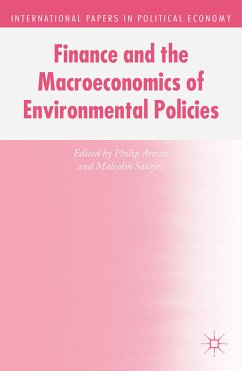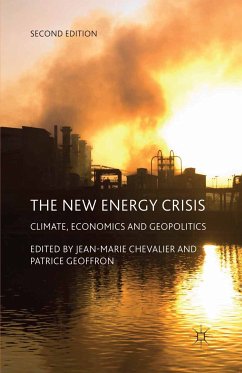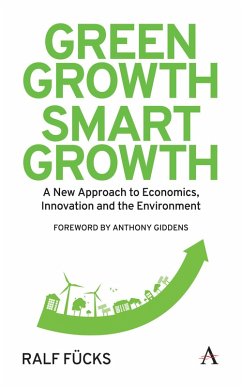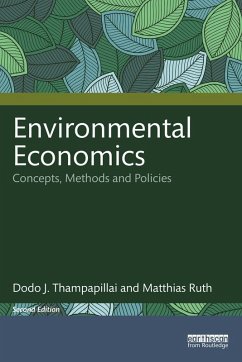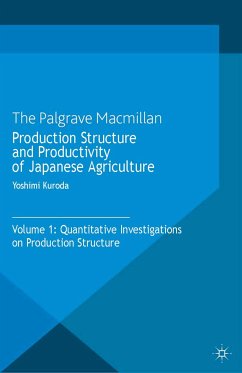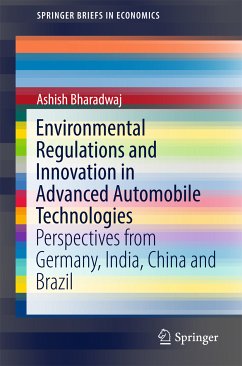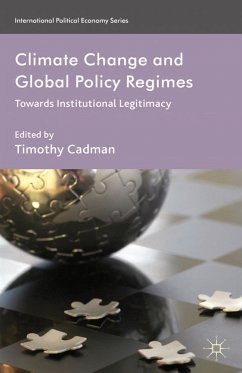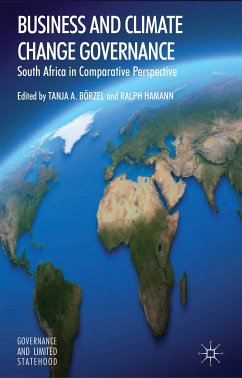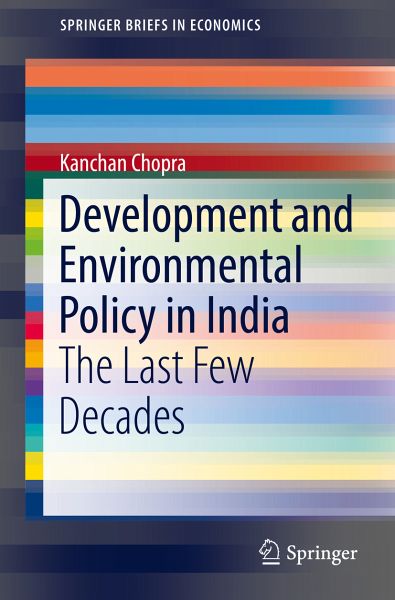
Development and Environmental Policy in India (eBook, PDF)
The Last Few Decades
Versandkostenfrei!
Sofort per Download lieferbar
44,95 €
inkl. MwSt.
Weitere Ausgaben:

PAYBACK Punkte
22 °P sammeln!
This book examines the nuances of the relationship between development and environmental conservation policy in India over the last three decades. While India is taken as the focal point, the study extends to an analysis of global aspects and other developing countries as and when the situation demands. Understanding that development always has to take environmental issues into consideration, the book undertakes critical reviews of the different ways in which this has been done. The review is based on a grasp of the simultaneous developments in the theoretical understanding of the environment ...
This book examines the nuances of the relationship between development and environmental conservation policy in India over the last three decades. While India is taken as the focal point, the study extends to an analysis of global aspects and other developing countries as and when the situation demands. Understanding that development always has to take environmental issues into consideration, the book undertakes critical reviews of the different ways in which this has been done. The review is based on a grasp of the simultaneous developments in the theoretical understanding of the environment and ecosystems and provides pointers towards directions for possible change. The motivation for the book lies in the continuing distance between theoretical knowledge of the role of the environment, in particular the underlying long-term links between human wellbeing and wise use of nature, and its application in public policy. The book also proposes that whichever theoretical cornerstone is taken as the starting point, it is the ethical undertones that drive the analysis in directions that acquire meaning in terms of the quality and legitimacy of decision-making. It explores the relevance to policy of a variety of radical conceptual development and policy directions, such as dematerialising growth, the social metabolism approach and the degrowth movement. Further, the dilemma facing environmental policy continues to be how to simultaneously borrow from developments in and across disciplines while at the same time, and at a more practical level, dealing with a diversity of stakeholders.
Dieser Download kann aus rechtlichen Gründen nur mit Rechnungsadresse in A, B, BG, CY, CZ, D, DK, EW, E, FIN, F, GR, HR, H, IRL, I, LT, L, LR, M, NL, PL, P, R, S, SLO, SK ausgeliefert werden.
Alle Preise in Euro und inkl. der gesetzl. MwSt. | Innerhalb Deutschlands liefern wir preisgebundene Bücher versandkostenfrei. Weitere Informationen: bitte hier klicken
Support
Bitte wähle dein Anliegen aus:
Rechnungen
Bestellstatus
Retourenschein
Storno




